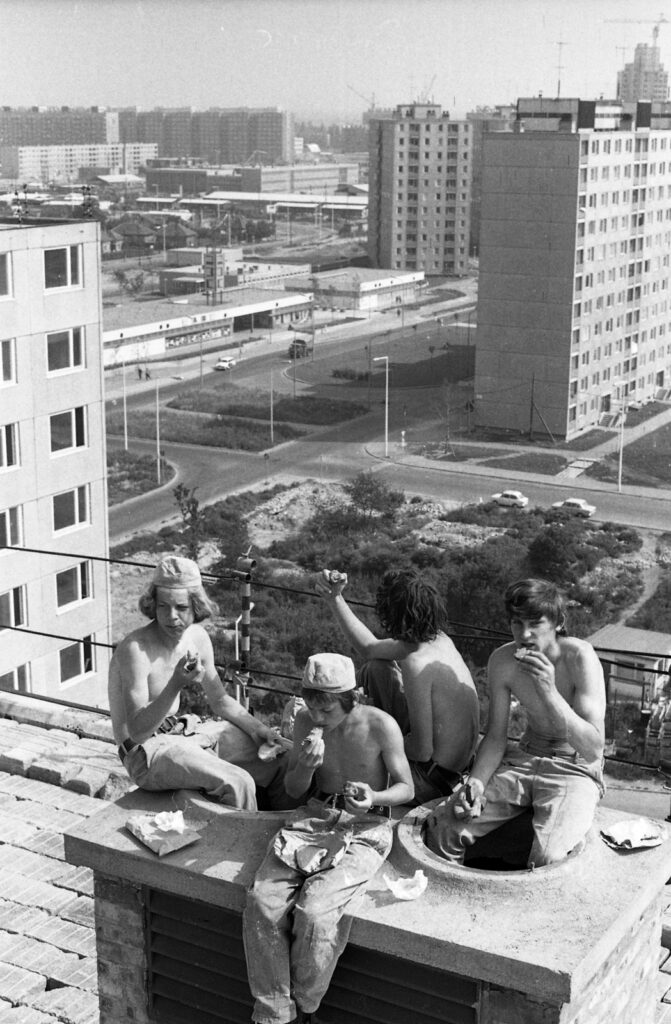A recent decision of the CJEU in a patent-related matter questions the former common understanding in Hungary: requesting an interim injunction for trademark infringement comes with a risk.
The common understanding based on Article 9(7) of the Enforcement Directive was that, if the court orders an interim injunction which is later lifted, the plaintiff shall compensate the defendant for the damages caused by the injunction. This may be the case, for instance, if the plaintiff’s trademark is cancelled at a later point, but also if the second instance court simply overturns the first instance decision and lifts the injunction.
This is in contrast with an ordinary lawsuit, where the plaintiff is generally not liable for the defendant’s damages caused by an injunction, even if the injunction is later lifted. Thus, the plaintiff of an ordinary lawsuit is not liable for the defendant’s damages even if an enforceable second instance judgment is later overturned by the Supreme Court in revision proceedings. To state the obvious, the plaintiff of an ordinary lawsuit is not liable for the defendant’s damages where the defendant voluntarily stops the allegedly infringing activity upon receiving the statement of claims or the unfavourable first instance judgment.
Hungary has a bifurcation system for both patents and trademarks, which means that Hungarian courts cannot decide on the validity of patents and trademarks in the infringement proceedings. Therefore, interim injunctions can remain in force for a long time and can cause substantial damage, by the time the plaintiff’s patent or trademark is finally cancelled in parallel proceedings.
The judgment of the CJEU in C-688/17 (Bayer v Richter/Exeltis) upon a referral by the Metropolitan Court of Budapest (Hungary) seems to change this earlier understanding. Our twin blog, the Kluwer Patent Blog has amply reported about the judgment. In short: Richter and Exeltis launched their product while Bayer had a pending patent application (‘launch at risk’). Bayer’s patent was granted, the court ordered an interim injunction, but the patent was later revoked. Richter and Exeltis sued Bayer for damages. Bayer referred to the 6:519 of the Hungarian Civil Code (“The person causing damage shall be exempted from liability if he proves that he was not at fault”), claiming that he proceeded as it could be reasonably expected from a patent holder whose patent is infringed.

Essentially the question was whether the defendants’ own act of launching at risk can be taken into account and thereby affect whether and to what extent compensation may be awarded. The CJEU ruled that the national courts are not automatically and in any event obliged to order the applicant to provide compensation for any losses suffered by the defendant as a result of interim injunctions. Automatic application would discourage right holders from availing themselves of interim measures. The legislation permits the court to take due account of all the objective circumstances of the case, including the conduct of the parties, in order, inter alia, to determine that the applicant has not abused those measures. Therefore it seems that the applicant’s potential abusive conduct may be of major importance.
According to Hungarian patent case law, where the defendant launches at risk, plaintiffs are not liable for losses caused by interim injunction until the invalidation of their patent by the IP Office is confirmed by the court of first instance. We could add in light of the CJEU judgment that this continues to apply unless the plaintiff’s conduct was abusive.
The question is how that reads for trademarks. For example, trademark owners seem to be liable for the damages of the defendant caused by an interim injunction in case their trademark is later cancelled for bad faith. Enforcing a bad faith trademark is clearly abusive. However, what if the same trademark owner has legitimate reasons to believe that his trademark was not applied for in bad faith?
We are of the view that the CJEU ruling could change the practice in likelihood of confusion matters: where the trademark owners do not act in bad faith, but merely enforce their registered trademark rights, even if the injunction is later lifted, the plaintiff shall not be liable for the defendant’s damages, since this kind of litigation is not abusive.
It will be interesting to see whether this CJEU ruling will encourage trademark owners, which are not acting abusively, to request interim injunctions in Hungary more often. It will be even more interesting to see whether the ramifications of this decision go beyond Hungary.
_____________________________
To make sure you do not miss out on regular updates from the Kluwer Trademark Blog, please subscribe here.


